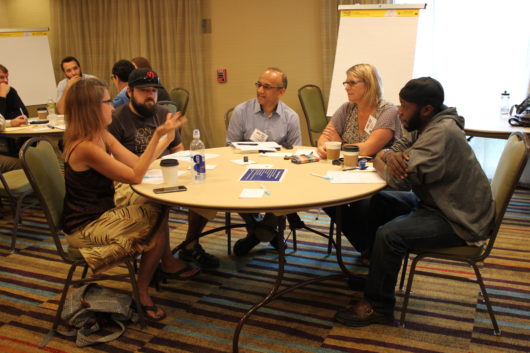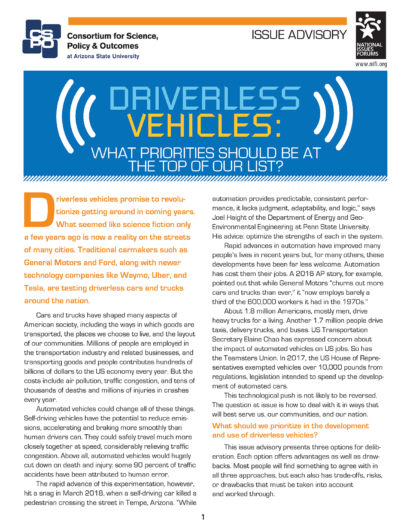One year in, I still can’t shake off this WSJ headline: “What’s Wrong With the Economy? It’s You, Not the Data.” Back then, many Americans believed that the economy and their finances were worse than they really were. Now that the economy is teetering on the edge of a recession, the worries seem to be muffled outside the recently laid-off government workers and those who didn’t vote for a regime change.
A similar dilemma troubles me at the family front. My 84-year-old dad is feeling terrible. Diarrhea and dehydration have sent him to the hospital twice in the last ten days. He can’t eat, sleep, stand, or walk and is in a foul mood most of the time.
His doctor is feeling quite well. These are the side effects of his chemotherapy, he mentions. My dad should have experienced them after the first round. Now that the treatment is complete and the MRI results look satisfactory, he should feel fine soon.
But he isn’t. He feels much worse than when he received his diagnosis five months ago. The entire purpose of the treatment, which was to make him feel better, seems to have achieved just the opposite.
Back on my non-family front, “dumb” seems to be the adjective of choice when describing tariffs, trade, government efficiency, or education reform. My colleagues are rushing in with history, data, and statistics, pointing out how these issues should be handled. I am struggling and wondering if scientizing is the best way to meet our current political moment.
We had the smartest of the smart people in charge of meeting our previous moment. Post -BLM, post-COVID, and with bi-partisan backing, they unleashed a whole-of-government approach like none other to tackle everything from combating climate change to driving equity, restoring justice, curing cancer, and saving democracy.
Yet people weren’t feeling it. Greg Ip’s reporting indicated that the American people were feeling worse, just like my dad. So much so that they wouldn’t mind if all those new programs disappeared and took with them large parts of other things built by several generations of smart people since FDR.
Fortunately, this mayhelm couldn’t occur at such a scale during the last undoing. Obamacare not only survived but also grew larger. Congress served as a check against worse impulses, not only restoring but, in some instances, increasing spending.
With the gap between data and people’s feelings as wide as ever, I wonder if Act Two could count on sensibilities to override sentimentalities. Should we try something different once the reverse Robinhood strategy runs its course? If not now, maybe the next time?
For clues on how to get different, I return to my Dad.
My sister and I have noticed a few welcome respites from his daily agonies. While rejecting all our advice and interjections, he appears to welcome visits from my nieces and nephews. Unlike us, their sole mission is not to tell him how to save him from himself. He seems to like that. It allows him to talk about non-health-related matters. In one of the most recent photos—he is sitting on his couch with a pile of books and the daily paper, writing as he explains something to my diligently listening niece sitting across from him.
We have similar images of this. When we showed up in Vinton, LA, Cumberland, MD, Bisbee, AZ, or online in a Zoom room with regular, everyday people, instead of starting the conversation about the latest in climate tech, autonomous vehicles, nuclear waste, or gene editing, we asked about their hopes and concerns. After some initial hesitation and doubts about our motivation, they seemed to welcome this.

Like my dad, they would start writing and talking about things they cared about and why.
When we first attempted this, I feared we would end up in La La Land—producing unviable recommendations. Instead, we gained not only a clearer way to frame the problems but also a more effective means to explore a broader range of policy options. It seems that naming and framing a public problem with the public is better than doing so for them as my smart friends would like or at them as their detractors would demand.

So maybe the choice isn’t between data and feelings but connecting feelings with data.
Dan Ammann, then CEO of Cruise, summarized it well when self-driving cars were facing their initial backlash: “This is something we need to do with society, with the community, and not at society… The tech adage of ‘move fast and break things’ most assuredly does not apply to what we’re doing here.”
We tried ‘smart’ the last time and are now trying ‘dumb’ – both in the name of saving the Republic. The last one didn’t solve the feeling problem, and it’s doubtful this one would.
Mahmud Farooque is the Associate Director of ASU Consortium for Science, Policy & Outcomes.